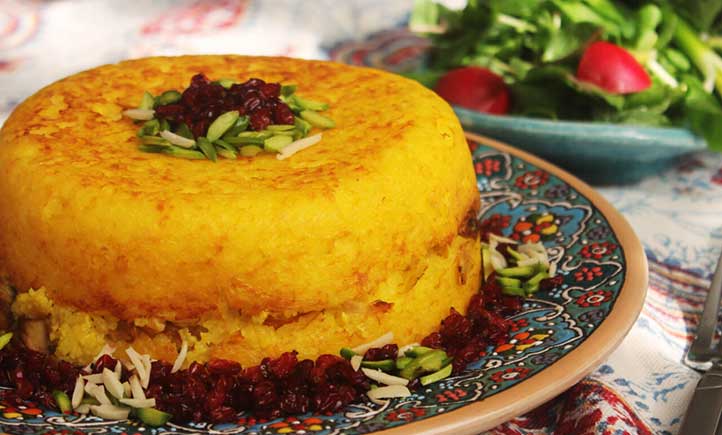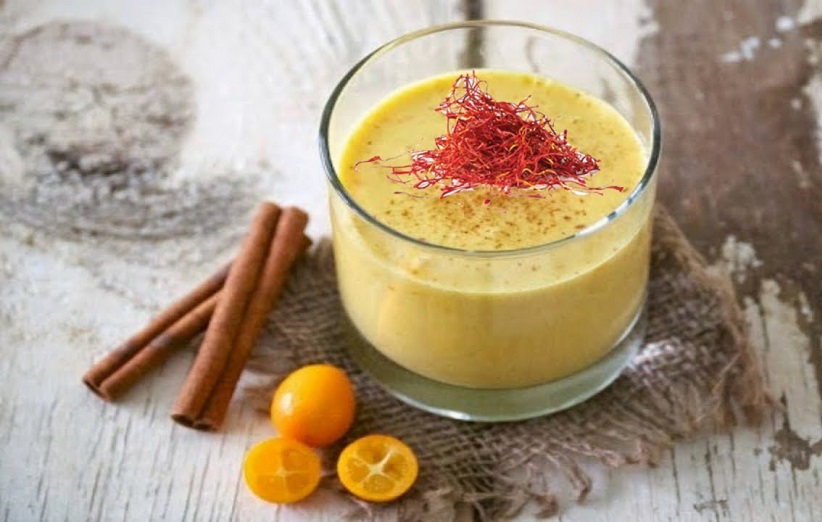Saffron is a spice that comes from the flower of Crocus sativus, also known as the saffron crocus. It has a rich history and a variety of uses in cuisine, medicine, and cosmetics. But what makes saffron so special and why should you have it in your kitchen? Here are 11 reasons to convince you:
1. Saffron is a powerful antioxidant
Saffron contains an impressive variety of plant compounds that act as antioxidants, which are molecules that protect your cells from free radical damage and oxidative stress. These compounds include crocin, crocetin, safranal, and kaempferol, among others. Antioxidants can help prevent or reduce chronic diseases such as cancer, heart disease, diabetes, and neurodegenerative disorders.
2. Saffron may improve your mood and treat depressive symptoms
Saffron is nicknamed the sunshine spice, not just because of its distinct color but also because it may help brighten your mood. Several studies have shown that saffron can improve mood and treat depressive symptoms by increasing the levels of dopamine and serotonin in your brain, which are neurotransmitters that regulate emotions. Saffron may also have anti-anxiety and anti-stress effects.
3. Saffron may have anticancer properties
Saffron may have the potential to fight against various types of cancer by inhibiting the growth and spread of tumor cells, inducing apoptosis (cell death), and enhancing the effects of chemotherapy drugs. Saffron and its compounds have been shown to have anticancer effects in test-tube and animal studies against breast, colon, prostate, lung, skin, and blood cancers.
4. Saffron may reduce premenstrual syndrome (PMS) symptoms
Premenstrual syndrome (PMS) is a term that describes physical, emotional, and psychological symptoms that occur before the start of a menstrual period. Saffron may help reduce PMS symptoms such as mood swings, irritability, pain, and cravings by modulating hormonal levels and reducing inflammation. Saffron may also have antispasmodic effects that can relieve menstrual cramps.
5. Saffron may act as an aphrodisiac
Saffron may enhance sexual function and libido in both men and women by improving blood flow and stimulating the nervous system. Saffron may also help with erectile dysfunction and infertility by increasing nitric oxide production, which relaxes blood vessels and improves blood circulation to the genitals. Saffron may also improve sperm quality and motility.
6. Saffron may reduce appetite and aid weight loss
Saffron may help you lose weight by suppressing your appetite and reducing snacking. Saffron can increase the feeling of fullness and satiety by influencing the hormones that regulate hunger and food intake. Saffron may also boost your metabolism and fat burning by activating thermogenesis, which is the process of heat production in the body.
7. Saffron may lower blood sugar levels and improve insulin sensitivity
Saffron may benefit people with diabetes or prediabetes by lowering blood sugar levels and improving insulin sensitivity. Insulin is a hormone that helps transport glucose from the blood into the cells for energy. Saffron may stimulate the secretion of insulin and enhance the uptake of glucose by the cells. Saffron may also prevent or delay the complications of diabetes such as nerve damage, kidney damage, and eye problems.
8. Saffron may improve memory and cognitive function
Saffron may boost your brain power by enhancing the activity of acetylcholine, which is a neurotransmitter that is involved in learning and memory. Saffron may also protect your brain from neurodegenerative diseases such as Alzheimer’s and Parkinson’s by preventing the accumulation of amyloid plaques and reducing inflammation in the brain.
9. Saffron may support eye health
Saffron may improve your vision and prevent or treat eye disorders such as age-related macular degeneration (AMD), cataracts, glaucoma, and diabetic retinopathy. Saffron may protect your eyes from oxidative stress, inflammation, and light damage by increasing blood flow to the retina and enhancing its function.
10. Saffron may enhance skin health
Saffron may beautify your skin by moisturizing, brightening, and smoothing it. Saffron may also help with skin conditions such as acne, eczema, psoriasis, and wounds by reducing inflammation, infection, and scarring. Saffron may also have anti-aging effects by preventing or reversing wrinkles, sagging skin, and age spots.
11. Saffron may boost immune system function
Saffron may strengthen your immune system by stimulating the production of white blood cells and antibodies, which fight against infections and diseases. Saffron may also have antibacterial, antiviral, antifungal, and anti-parasitic properties that can prevent or treat various infections.
Conclusion
Saffron is a versatile spice that can add flavor, color, and aroma to your dishes. You can use it in rice, soups, stews, desserts, teas, and more. Just remember to use it sparingly, as a little goes a long way.






